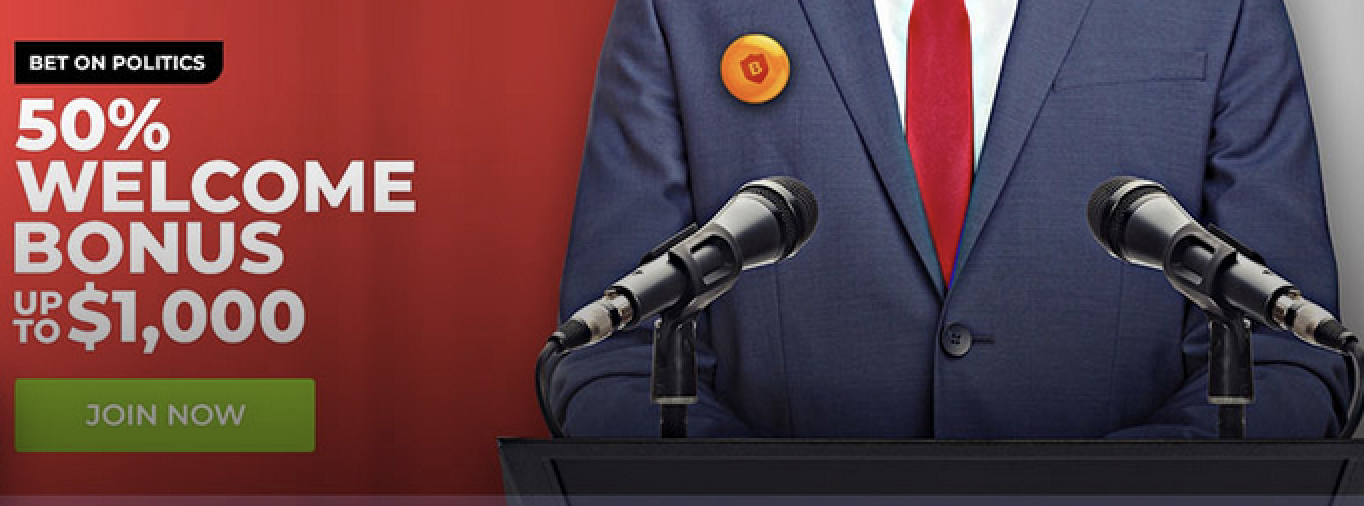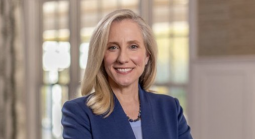The Future of Election Prediction Markets
Salon has a really good piece out about the future of election prediction markets and why these should be permitted in the U.S.
It's no secret that our friends at BetOnline witnessed their biggest wagering event with the November 2024 general election in the company's 25 years in business (Gambling911 was there the day they opened in 1999). Dave Mason of BetOnline discusses that record betting in the video below.
BetOnline is already prepping for bets pertaining to the incoming Donald Trump administration with cabinet pick confirmation odds already available.
Polymarket is profiled in the Salon piece but is based out of New York City and does not hold a license. Therefore, at this time, they cannot take bets from those in the U.S.
BetOnline is based out of - and licensed by - Panama, where gambling is legal. Its license is international and allows the company to take bets worldwide.
Polymarket is pushing for a legal framework around political prediction markets in the U.S., citing its accuracy in showing Trump with a strong lead ahead of Democratic candidate Vice President Kamala Harris.
BetOnline's odds were even more accurate. They had Trump as a favorite consistently between -110 and -160. That's a true reflection of the actual outcome where Trump has now fallen just below the 50 percent market in the popular vote.
More importantly, BetOnline had Trump a favorite in all but one swing state (Michigan) as far back as two months leading up to the November election.
With 96% of the vote in, Trump has, according to the Associated Press, 49.97% to Vice President Harris' 48.36%, or 76.9 million votes to 74.4 million. (The U.S. Election Atlas has a higher raw vote total and a slightly narrower margin, 49.78% to 48.23, or 77.1 million votes to 74.7 million.)
It’s the highest percentage Trump has received in his three runs at the presidency. (He got just less than 46% in 2016 and less than 47% in 2020.) Votes are still being counted, including provisional and overseas ballots across the country.
The betting markets were more accurate than the polling, the Salon piece points out.
"This is the third consecutive presidential election in which [Donald] Trump was underestimated by polls," said Harry Crane, a professor of statistics at Rutgers University. "The betting markets were spot on in this cycle, despite attacks from the mainstream media and pollsters, both of which were wrong in their analysis."
Polymarket's 26-year-old CEO, Shayne Coplan, celebrated on CNBC's Squawk Box after the election, calling it an “inflection point in news and politics." Polymarket "was a good two, three hours ahead of the media,” Coplan said. “If you were just watching TV, you’d think it’s neck and neck.”
Coplan told CNBC he received election-night calls from Mar-a-Lago, where the Trump campaign was tracking his victory on Polymarket. “It was surreal,” Coplan said.
But then Coplan's Manhattan apartment got raided days later. We still don't know why.
Kalshi is another political prediction market that is deemed legal in the U.S. after they successfully challenged the U.S. Commodity Futures Trading Commission's ban on election betting in October.
Kalshi, which attracted about $1 billion in overall bets on the election, headed back to court in November to counter a U.S. Commodity Futures Trading Commission appeal.
Daria Solovieva, writing for Salon, writes that the common argument for prediction market advocates is that betting on election outcomes is more "pure" and in line with market forces than traditional polling, which they say can be politically biased and manipulated.
Solovieva spoke with a Rutgers professor who suggests the Trump administration could reshape political prediction markets in the U.S.
"If the new administration follows through on its promise of promoting liberty and eliminating needless bureaucracy and regulation, then the betting markets will flourish in the coming years," said Harry Crane, a professor of statistics at Rutgers University.. "I expect that election betting markets will continue to grow in popularity and will be much larger and more widely accepted next time around."
Forbes James Broughel points out that Kalshi had Harris favored coming into Election Day.
He reports on how a single trader or group of traders can influence these political markets.
"The most notable example was a French investor known as “Freddi9999,” whose large pro-Trump bets on Polymarket appeared to single-handedly shift that platform’s odds. There is speculation that Harris supporters may have responded by pushing up her price on Kalshi, effectively turning these prediction markets into another form of campaign advertising."
|
|
















